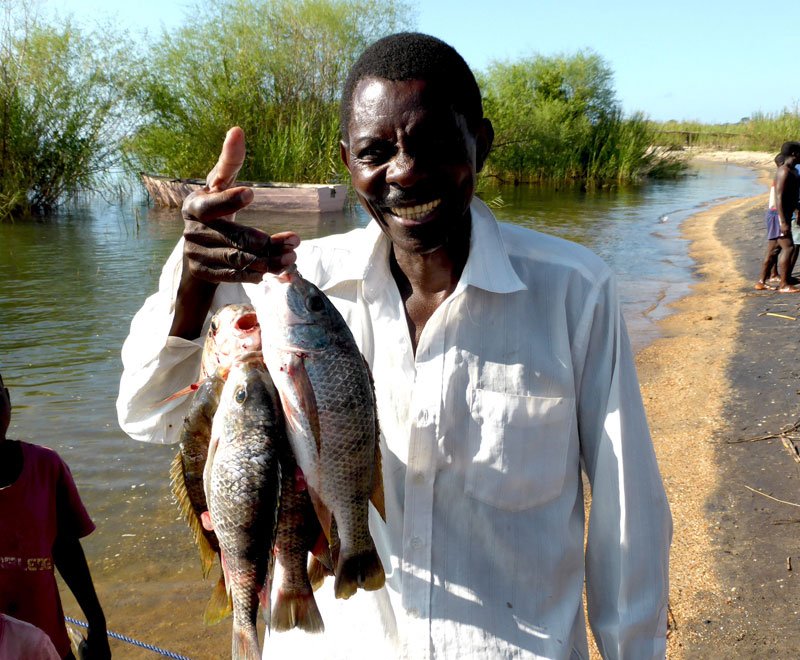The fisheries sector has played a significant role in Ghana’s economy and continues to be an important source of livelihood for many communities along the coast. According to the Food and Agriculture Organization(FAO), fisheries contribute to about 4.5% of Ghana’s annual Gross Domestic Product(GDP) generating over $ 1 billion in revenue annually. The sector directly or indirectly supports the livelihoods of 2.2 million Ghanaians. However, the sector has faced several challenges in recent years, including overfishing, illegal fishing practices (Illegal, Unreported, Unregulated fishing, Saiko, light fishing, Use of DDT), and declining fish stocks. These challenges not only affect the environment but also impact the socio-economic livelihoods of fishing communities.
Green Growth Africa Network(GGA) recognises the need to empower fishing communities in Ghana and promote sustainable, environmentally friendly fishing practices through an integrated approach. The organization focuses on improving the socio-economic livelihoods of fishing communities while promoting climate resilience. GGA’s approach involves community and stakeholder engagement in developing sustainable fishing practices. This ensures a community-led bottom-up approach that integrates scientific and technological underpinnings and local indigenous knowledge.


GGA’s Socio-Economic Enhancement program seeks to address issues such as low incomes, lack of social protection coverage, and inadequate access to credit facilities. It has long been realized that fishers do not have insurance schemes to cushion them in situations of disasters and access to financial resources to help them upscale their work and indulge in the use of sophisticated technology to increase their catch and increase their income. Through this program, GGA provides skills training and support to fishing communities to develop sustainable fishing practices, diversify their livelihoods, and improve their standard of living. The program also seeks to empower women in fishing communities by providing them with training on efficient smoking and fish processing technology and access to resources(technical and financial) to improve their livelihoods since they are predominantly in the fishing processing phase.


This Climate Resilience program focuses on building the resilience of fishing communities to climate change impacts such as sea-level rise, ocean acidification, and changing weather patterns. GGA works with these communities to develop adaptation strategies that are aligned with their local needs and priorities. These strategies include the use of climate-smart fishing practices(fisheries co-management, post-harvest innovations), ecosystem-based approaches(both grey-dykes, dunes and green infrastructure-mangrove restoration projects), and the development of alternative livelihoods(soap-making, bee-keeping, confectionary training, aquaculture).
In summary, GGA’s integrated approach to promoting sustainable fishing practices in Ghana’s coastal communities seeks to address the socio-economic challenges and environmental issues facing these communities. Through its Socio-Economic Enhancement and Climate Resilience programs, GGA is working to improve the livelihoods of fishing communities while preserving the environment for future generations.


